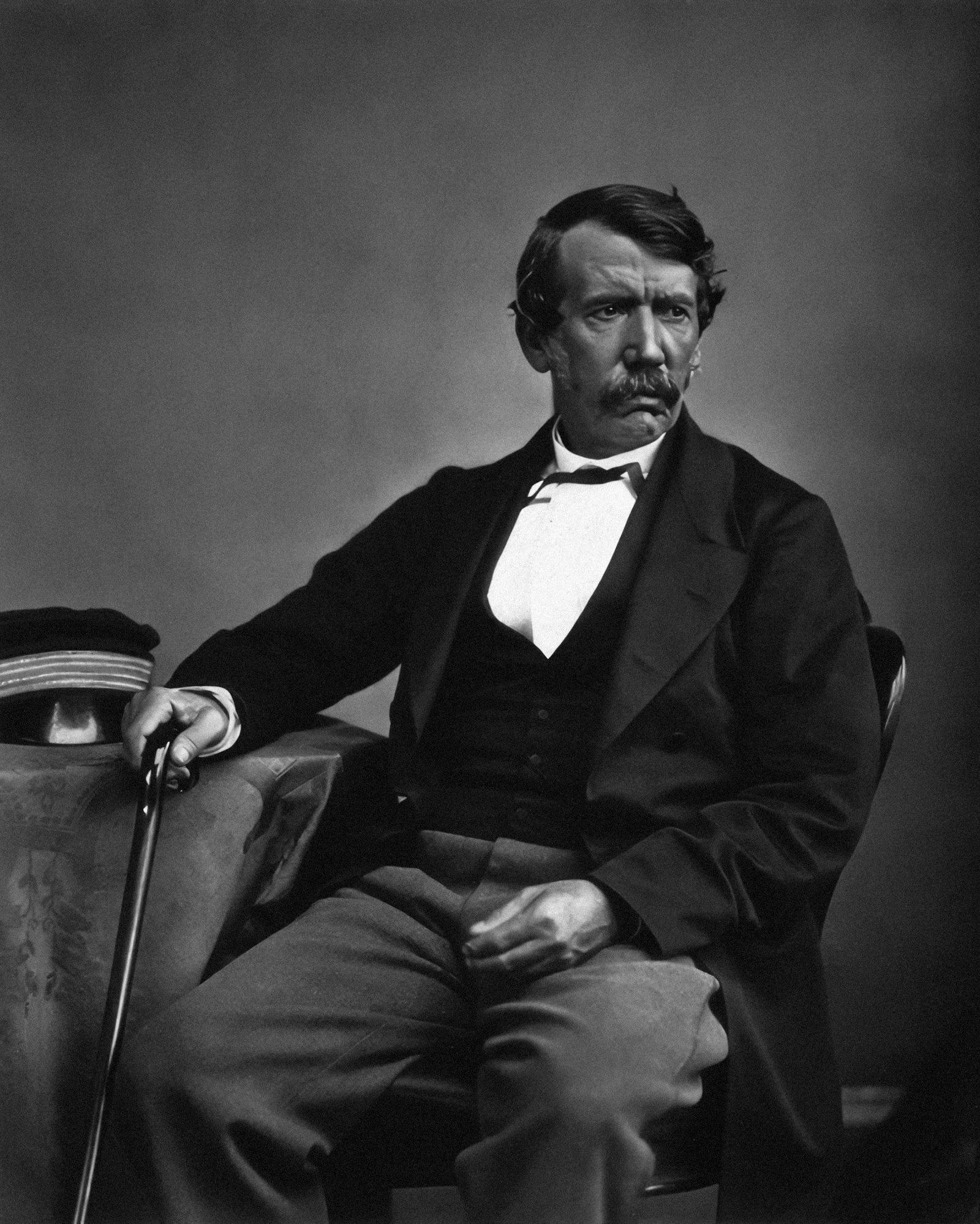TIME TRAVEL ~ DAVID LIVINGSTONE
By Derek Mwale
What do you understand about living a life of passion? Would give it all your dedication? Would you sacrifice other important things? To make sure you get your desired satisfaction from life? Denying some of the things you should have.
This is a story of a man who I think had the answers to all the above questions. A man who lived a life in a mission of discovery and exploration. Let’s travel back in time to see one of history’s dedicated and fascinating individual. This man was called Dr. David Livingstone.
Dr. Livingstone was born on 19 March 1813 in the mill town of Blantyre, Scotland. His dedication towards work started early in his childhood. When he was very young, he earned money by working in a cotton factory. He was able to pay his own education in college and managed to pass examinations in medicine. And he was given special training for missionary work in Africa by the London Missionary Society.
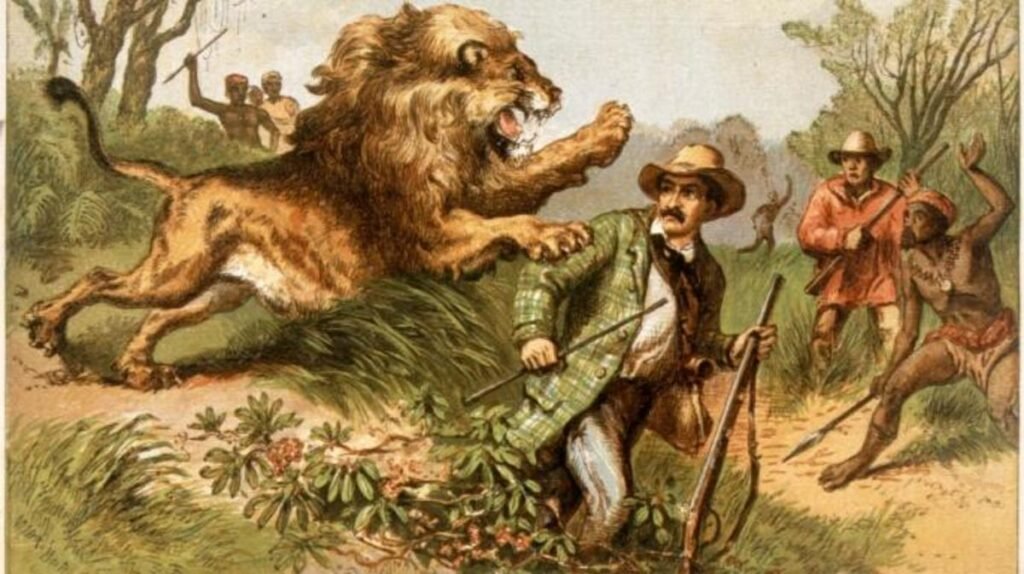
Dr. Livingstone later started work at Robert Moffat’s mission station in Bechuanaland. Moffat helped him to learn Bechuana, at the time when he was translating the bible in Bechuana. Later Moffat became Livingstone’s father in-law as he got married to his daughter who he went on many journeys with. Livingstone’s journeys had to many hardships causing his wife’s death. This led to him exploring alone.
Finally, when Livingstone left Bechuanaland he went on to explore the unknown parts of Africa to the north. These later journeys were not easy as he was often ill with dysentery and malaria. Unfortunately, some carriers would run away with his goods. Despite him lacking some things, it is almost unbelievable that he saw so much of Africa those days cause people could only go a short distance each day. The forest was thick, and there were not many good paths.
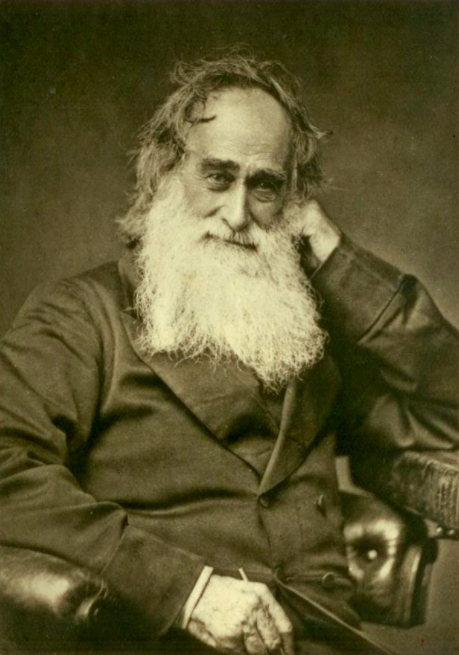
During his explorations he discovered a lot of things and places. Livingstone was the first European to discover the Victoria Falls, which he named after the then Queen of England. He was also the first person in the world to make good maps of plethora number of lakes and rivers in Central Africa. It is said that the of the reasons of his journeys was to make maps, and to figure out how slave trade could be stopped. Dr. Livingstone was very much against slavery as he called slave trade the open sore of the world.
Definitely if he was someone like me, would have stopped on the first journey. Somehow this guy was persistent. As you might have guessed he went on a second journey. On the second journey, He tried to find an easy route up the Zambesi River so that traders could transport to Central Africa by the river. This was almost impossible as there were many waterfalls on the river. As a man who like to defy the odds, he continued the journey by land and walked all the way to west coast of Africa nearly 2000 miles! Unbelievable. The Africans who went with him were amazed to see the sea. They said all at once, ‘the world said to us, “I am finished; there is no more of me”.’ As an African those are the same words that I have to describe my amazement in what this man accomplished.
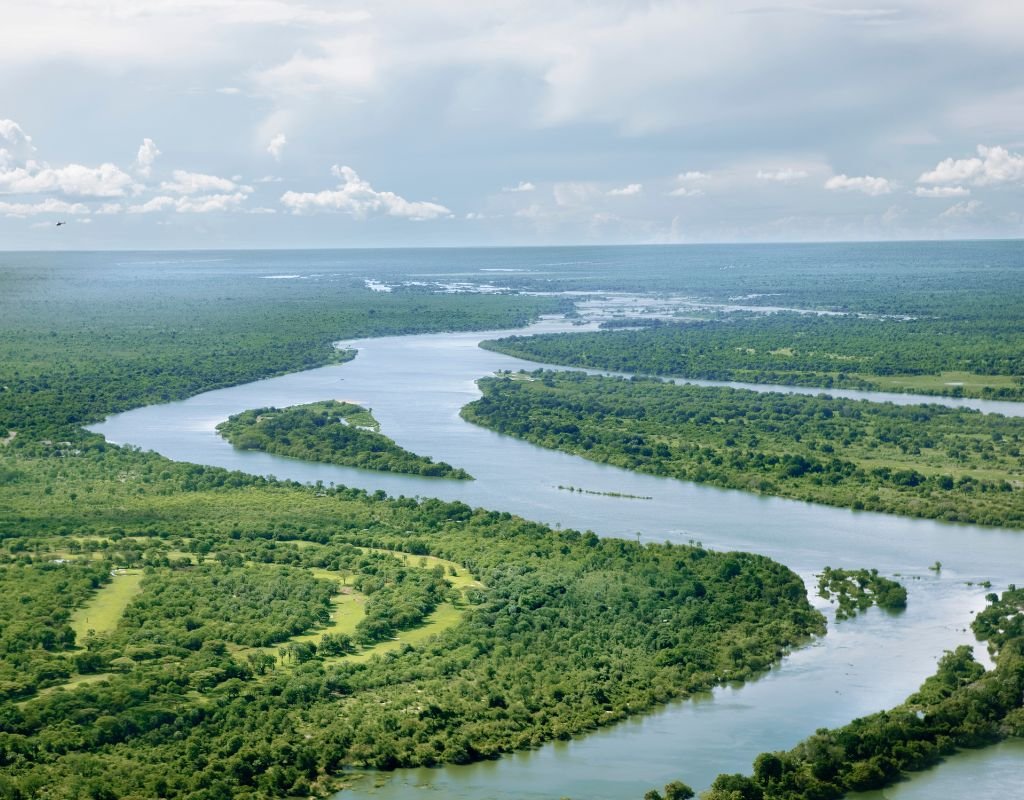
By now I’m also motivated to do tedious stuff. If Dr. Livingstone asked to accompany him on the third journey frankly, I would agree. Back to the past, In 1866 Dr. Livingstone set out for his third journey. He had two African friends with him called Chuma and Susi. Chuma had been rescued from slavery. Livingstone and his friends arranged letters and supplies to head to a place called Ujiji on Lake Tanganyika. Without stopping till they got enough, they later headed to a lake called Bangweulu. During this journey Livingstone had fever more often than not such that his men had to carry him. After a year, he returned to Ujiji only to find his supplies had been lost and stolen. He did not care about these bad circumstances as it only mad him stronger. He had no food or medicine but Livingstone would not return to the coast. Instead, he went westwards to find out whether River Lualaba flowed in the Congo or the Nile. Dr. Livingstone had his mind on his work and purpose though most of the time he was very ill, starving and shivering with cold. He did not return to Ujiji for another two years.
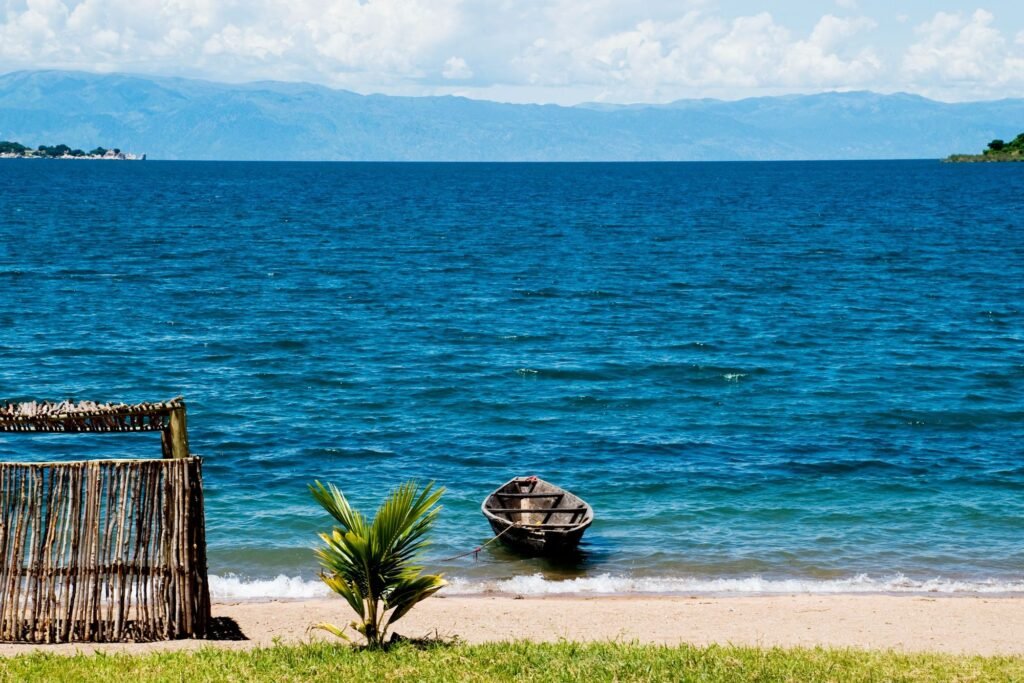
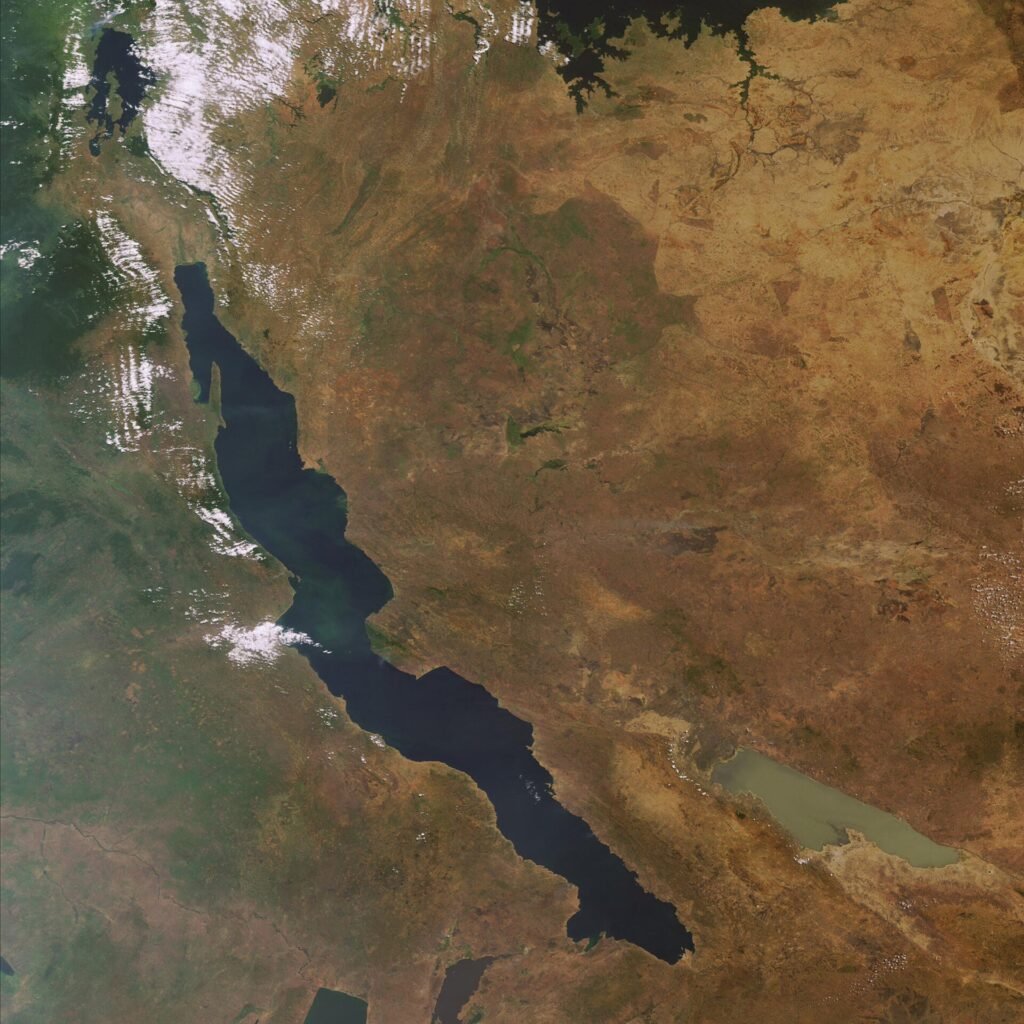
Personally, I think Dr. Livingstone’s relentless perseverance would give David Goggins run for his money. Alternatively, they are quite similar no wonder they share first names. During what we may call Livingstone’s last journey, he was famous all over the world but for those two years nobody knew if he was dead or alive. Henry Stanley, an American went on an expedition to Africa to find him. Luckily, he managed to find him. And when they met Stanley gave him proper supplies and medicines. Stanley updated him on the news from Europe and delivered some letters to him. They travelled together to Tabora and spent a month there.
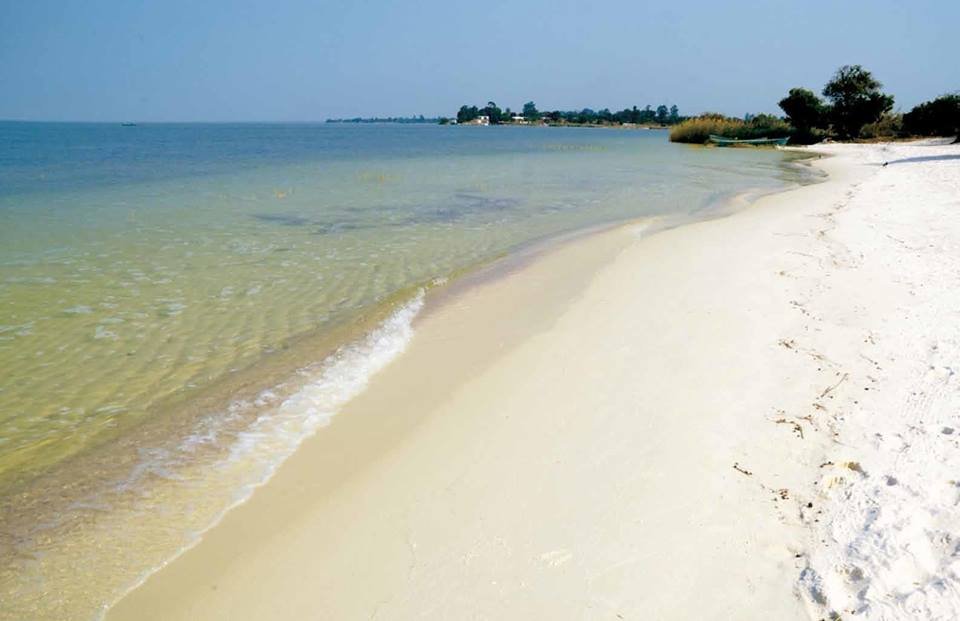
Finally, Stanley had enough exploration so he tried to convince Dr. Livingstone to return with him to Europe but to no avail. After partying ways with Stanley, he once again set off for lake Bangweulu. This journey was very hard as again he was very ill. His clothes were always wet because it rained day after day for months. After a whole of adversities, Dr. David Livingstone passed away in chief Chitambo’s village near the lake. Chuma and Susi carried his body to the British Consul in Zanzibar who in turn sent it by the sea to England. Dr. Livingstone was buried in London, in Westminster Abbey but his spirit is still in the Jungles of Africa which he loved more than anything in this world.

